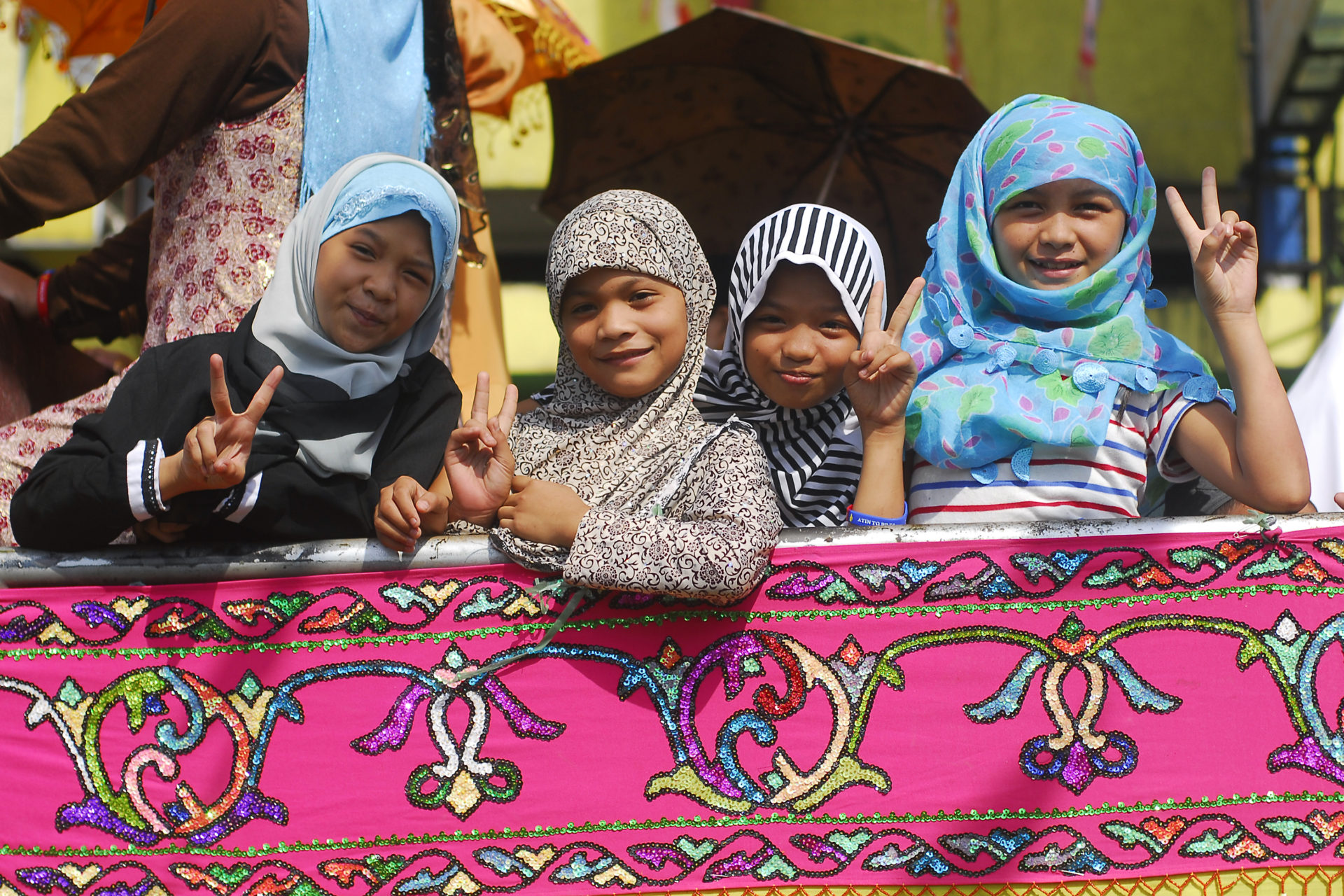
Let’s Step Up on Foreign Aid to Fund Our Values
The American people consistently demonstrate their values through generous private giving to lift up vulnerable people around the world. This giving funds programs that combat poverty and hunger, advance human rights, prevent disease, and protect and educate children, among other laudable outcomes.
Many Americans give to faith-based organizations like World Vision, Catholic Relief Services, or American Jewish World Service. Others give to secular groups like Save the Children, CARE, or Heifer International. Whatever the avenue – and there are hundreds of small and large non-governmental organizations doing great work across all faiths and topics – it is clear that Americans care about helping people in parts of the globe where they may never set foot.
A couple years ago, a Hudson Institute index measured private philanthropy from the U.S. to developing countries at $44 billion and growing (not including remittances and private capital investments). More than $15 billion of this amount flows through non-governmental organizations, with billions raised through small donations directly from the general public. Through foreign assistance, the U.S. government has also historically reflected this spirit of fellowship and global engagement.
U.S. private giving and sustained government funding for investments in international development and humanitarian action have contributed to some remarkable global successes. Maternal mortality rates have been cut in half since 1990. The percent of the global population living in extreme poverty has been cut by two thirds. Vaccines save approximately 2.5 million children every year. U.S.-funded Food for Peace programs alone reached an average of 56 million people every year from 2011 to 2017.
We still have a long way to go and challenges stemming from humanitarian crises are rising, but given the progress we have made, it has been disheartening to see the current Administration’s continued attacks on foreign aid expenditures. The budget request that the President provided to Congress last week proposes to slash the International Affairs budget by 24 percent. It is no secret that this White House, at the highest levels, dismisses collective security concerns, collective action, and multilateralism. They view assistance in transactional terms, not as part of a long-term strategy.
That is problematic. The way the Administration talks about foreign assistance only reinforces the myth that it is a large part of the federal budget. These expenditures comprise less than one percent. While a relatively insignificant amount compared to all our federal outlays, the return on investment is massive.
Fortunately, Congress seems to understand this. Despite the Administration’s repeated efforts to gut foreign aid, Congress has proven a bulwark against those dangerous proposals, restoring funding. As the branch of government constitutionally charged with the power of the purse, it is more important than ever that Congress recognize and assert its role as a guardian of America’s economic and security interests, including those associated with our foreign assistance investments.
For the ninth year in a row, InterAction has prepared Choose to Invest, funding recommendations and justifications for 45 poverty-focused accounts and programs covering development, democracy building, health, and humanitarian action in the international affairs budget.
Our point is straightforward: we need sustained funding for these investments. They work. They are a major part of America’s leadership on the world stage. They align with our values and further American economic and security interests.
Congress knows that our leadership around the world carries real weight. But overall, these investments also appeal to individual members of Congress. For many, the issues we collectively work in partnership to address through this funding are ones that speak to elected leaders’ faith and values, like human rights, equality and dignity.
They understand that we have a moral role to play in tackling global poverty and crises. They see America’s interest in advancing democracy and access to potable water in some of the most oppressed and impoverished parts of the world. And they get that pushing for civil society to be able to operate in a given country helps people shape their own destiny.
U.S. foreign assistance does all these things. When you couple that with the greatest displacement crisis the world has seen since World War II, the moral, economic, and security imperatives only become clearer.
Congress would be wise to defend these investments in a resoundingly bipartisan fashion yet again. These efforts are worthy of support, and regardless of party or ideology, they are worth defending.
Now is no time to step back.
This piece was originally published at TheHill.com








